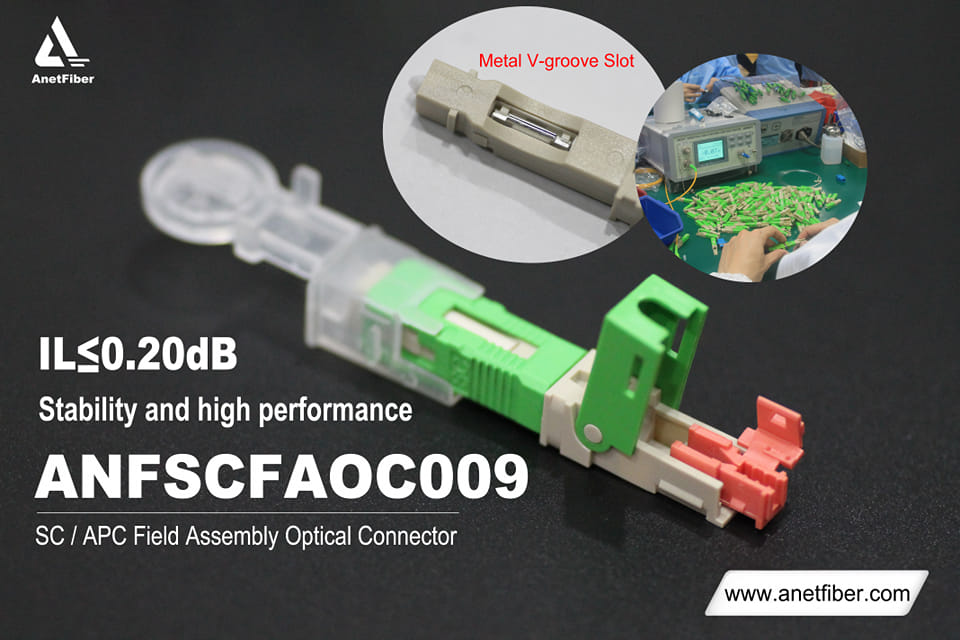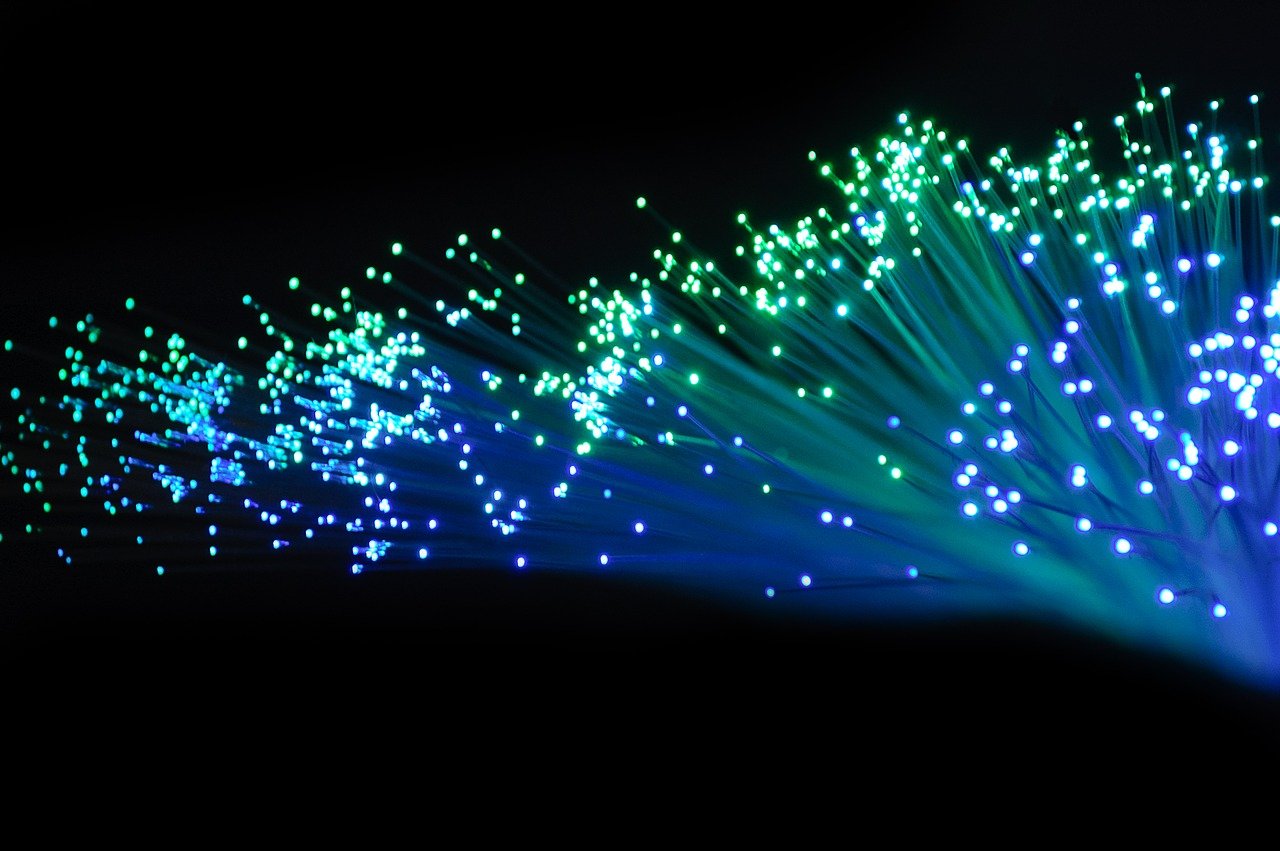All About SC Quick Connector: Fiber Optic Cable Features

Essential SC Quick Connector
The SC quick connector is an essential element of fiber optic technology, playing a key role in ensuring seamless and reliable connectivity. This connector is specifically designed to facilitate efficient transmission of data and signals through fiber optic cables, making it a critical component in various telecommunications and networking applications. Its innovative design and functionality contribute to the overall performance and reliability of fiber optic systems, making it a crucial consideration for any fiber optic installation.
Connector Advantages
Reliability and Efficiency
The SC quick connector stands out for its unparalleled reliability and efficiency in ensuring seamless connectivity within fiber optic systems. This reliability is attributed to the robust design and construction of the connector, which are engineered to maintain consistent performance even in demanding environments.
With a focus on efficiency, SC quick connectors are optimized to minimize signal loss and ensure the swift transmission of data across fiber optic cables, making them a preferred choice for high-performance networking and telecommunications applications.
Ease of Use
One of the key advantages of SC quick connectors lies in their user-friendly design, which simplifies the installation process and enhances overall usability. This ease of use makes them well-suited for various applications where swift deployment and reliable connectivity are paramount.
The simplicity of SC quick connectors not only streamlines installation procedures but also contributes to their practicality, especially in scenarios where rapid deployment or reconfiguration of fiber optic connections is required.
By incorporating these advantages, SC quick connectors significantly contribute to the seamless integration and performance optimization of fiber optic technology.
Installation Insights
Installation Process
When it comes to the installation process of fiber optic cables with SC quick connectors, it involves a series of simple yet crucial steps. Firstly, the protective outer layer of the fiber optic cable is carefully stripped to expose the inner fibers. The next step entails cleaning and polishing these fibers to ensure optimal connectivity. Once this is done, the SC quick connector is securely attached to the prepared fibers, ensuring a snug fit for reliable transmission of data and signals. It's important to note that each step must be meticulously executed to guarantee proper connectivity within the fiber optics infrastructure.
Best Practices
Adhering to best practices during the installation of optical connectors such as SC quick connectors is vital for maximizing their performance and longevity. One key practice is to handle the connectors with care and precision during installation, minimizing any potential damage that could compromise their effectiveness. Additionally, following industry standards and guidelines for connector installation ensures that the fiber optic cables maintain their integrity and performance over time. By incorporating these best practices, installers can optimize the functionality of SC quick connectors within fiber optics systems.
Cable Types and Uses
Single-Mode vs. Multi-Mode
When considering fiber optic cables, understanding the disparities between single-mode and multi-mode options is crucial for selecting the most suitable type. Single-mode fiber optic cables are designed for long-distance transmissions and utilize a narrow core to carry light. On the other hand, multi-mode cables are more adept at short distances and leverage a larger core to transport light signals. The choice between these cable types depends on the specific demands of the application, including factors such as transmission distance and bandwidth requirements.
Applications in Various Industries
The versatility of fiber optic cables is evident in their widespread use across diverse industries. From telecommunications to healthcare and data centers, these cables play a pivotal role in modern technology and infrastructure. In telecommunications, they facilitate high-speed data transmission, while in healthcare, they enable advanced medical imaging technologies. Furthermore, fiber optics are integral to the seamless functioning of data centers, ensuring efficient connectivity for large-scale information processing. This broad applicability underscores the significance of fiber optic cables in driving technological advancements across various sectors.
Significance of Optical Connectors
Critical Role in Connectivity
In the realm of fiber optic technology, optical connectors such as SC quick connectors play a pivotal role in establishing and preserving seamless connectivity within intricate network systems. These connectors serve as the linchpin for ensuring that data and signals are transmitted reliably across fiber optic cables, thereby facilitating uninterrupted communication and information exchange. Their significance lies in their ability to maintain the integrity of connections, ultimately contributing to the efficiency and performance optimization of fiber optic technology.
Furthermore, fiber optic connectors are instrumental in enabling diverse devices and components to interface seamlessly with fiber optic systems, thus forming a cohesive network infrastructure. This critical role underscores the importance of optical connectors in sustaining the interconnectedness of modern communication and data transmission networks.
Advancements and Innovations
The landscape of fiber optic technology continues to witness ongoing advancements and innovations in the realm of optical connectors. These developments are geared towards enhancing the overall performance, reliability, and adaptability of fiber optic systems, reflecting an unwavering commitment to achieving improved connectivity and operational efficiency. The evolution of optical connectors underscores a proactive approach to meeting the escalating demands for high-speed data transmission, robust network connectivity, and seamless integration within modern telecommunications and networking environments.
The continuous enhancements in optical connector technologies signify a concerted effort to elevate the capabilities of fiber optic systems, thereby underlining their pivotal role in driving technological progress across various industries.
Mastering SC Quick Connector
Understanding the Functionality
Exploring the functionality and applications of the SC quick connector is fundamental for optimizing its performance within fiber optic technology. By grasping its intricate design and compatibility with various fiber optic cables, users can effectively leverage the connector to ensure seamless connectivity and reliable data transmission.
See Also
Attaining Superior Performance and Affordable Fiber Optic Connectivity
Advantages of Weatherproof FastConnect Fiber Field Assembly Connector
Investigating the Advantages of the 960 Core Fiber Optical Splice Closure
Comprehending FTTR Concealed Fiber Cable: A Revolutionary Solution
Advantages of Water-resistant Fiber Optic Cables: OptiTap MPO Multimode OM3 IP68-rated


